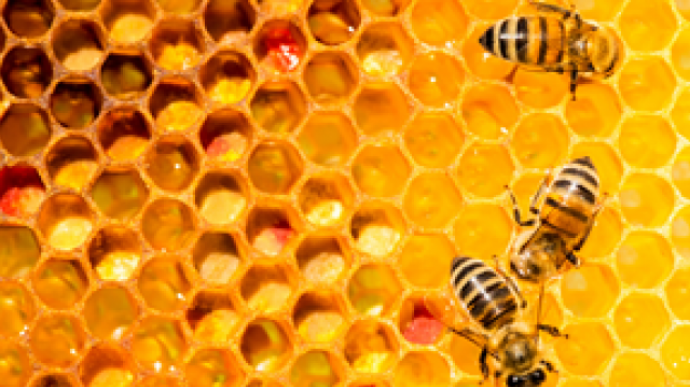 Stories
Stories
Most people have a perception that beehives and colonies are perfectly built, and that they are places of industrious labour for the greater good of the colony and a workforce working for the common good. Prof Crewe’s research uncovers the “dark” side of bees.
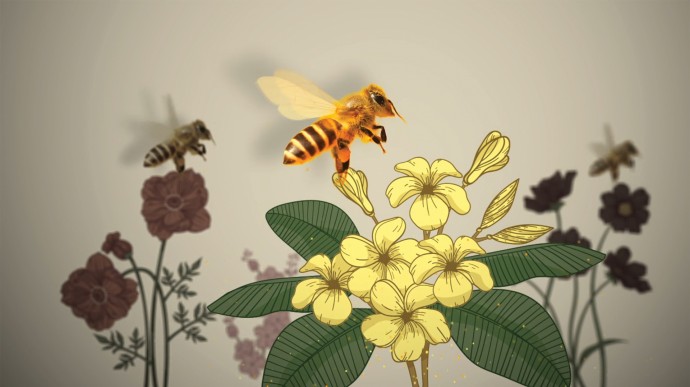 Video
Video
Once upon a time there was a world without bees, but we would not have liked this world. It was a dark world without flowering plants competing to attract buzzing bees for pollination—a world without colourful fruits and berries. Even after solitary bees emerged, it took many millennia before bees became social and a colourful and sweet world, a place with nectar, emerged.
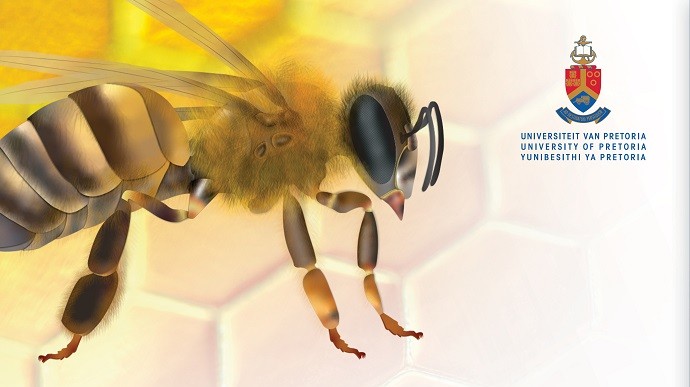 Infographic
Infographic
Most people have a perception that beehives and colonies are perfectly built, and that they are places of industrious labour for the greater good of the colony and a workforce working for the common good. Prof Crewe’s research uncovers the “dark” side of bees.
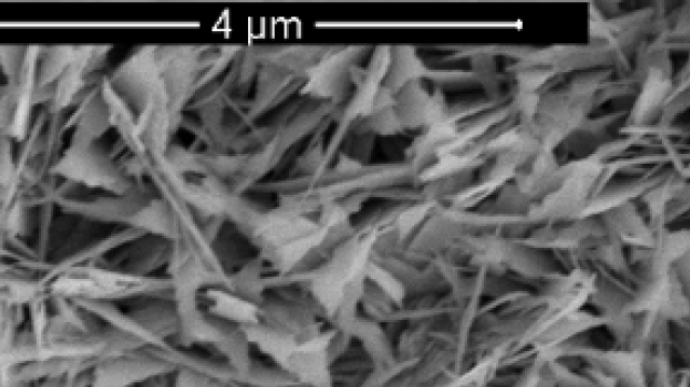 Story
Story
Recent research as part of a collaboration between the University of Pretoria, the Massachusetts Institute of Technology (MIT) and Imperial College London hopes to improve refrigeration equipment and reduce their impact on global warming through the use of nanostructures.
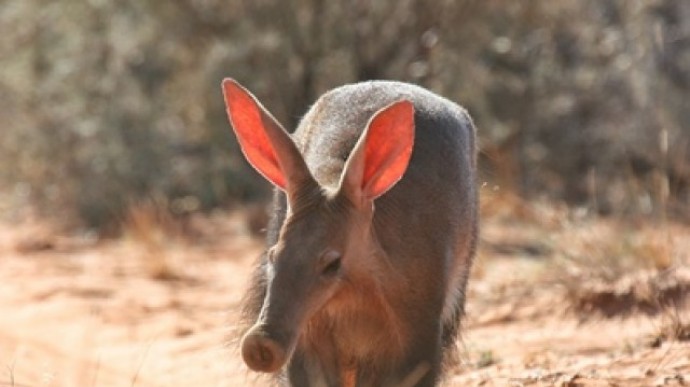 Story
Story
Dr Ned Snelling, Senior Lecturer in the Department of Anatomy and Physiology and Prof Leith Meyer, Director of the Centre for Veterinary Wildlife Studies, both from the Faculty of Veterinary Science have just published a new study on the welfare and survival of Africa’s arid-dwelling mammals under the threat of climate change.
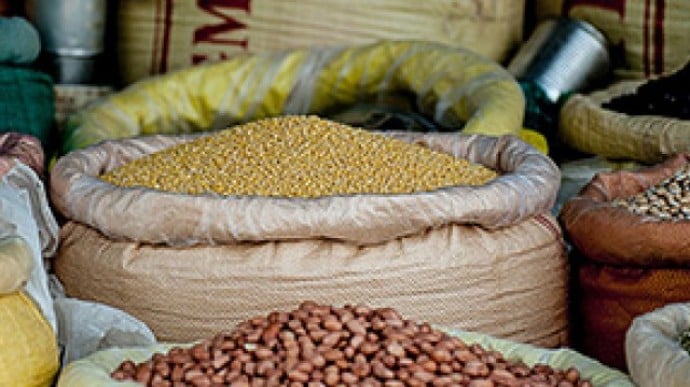 Story
Story
The University of Pretoria (UP) is representing South Africa in a multinational, cross-continental project that aims to enhance food and nutrition security in Africa, and open the door to export markets.
Copyright © University of Pretoria 2025. All rights reserved.
Get Social With Us
Download the UP Mobile App